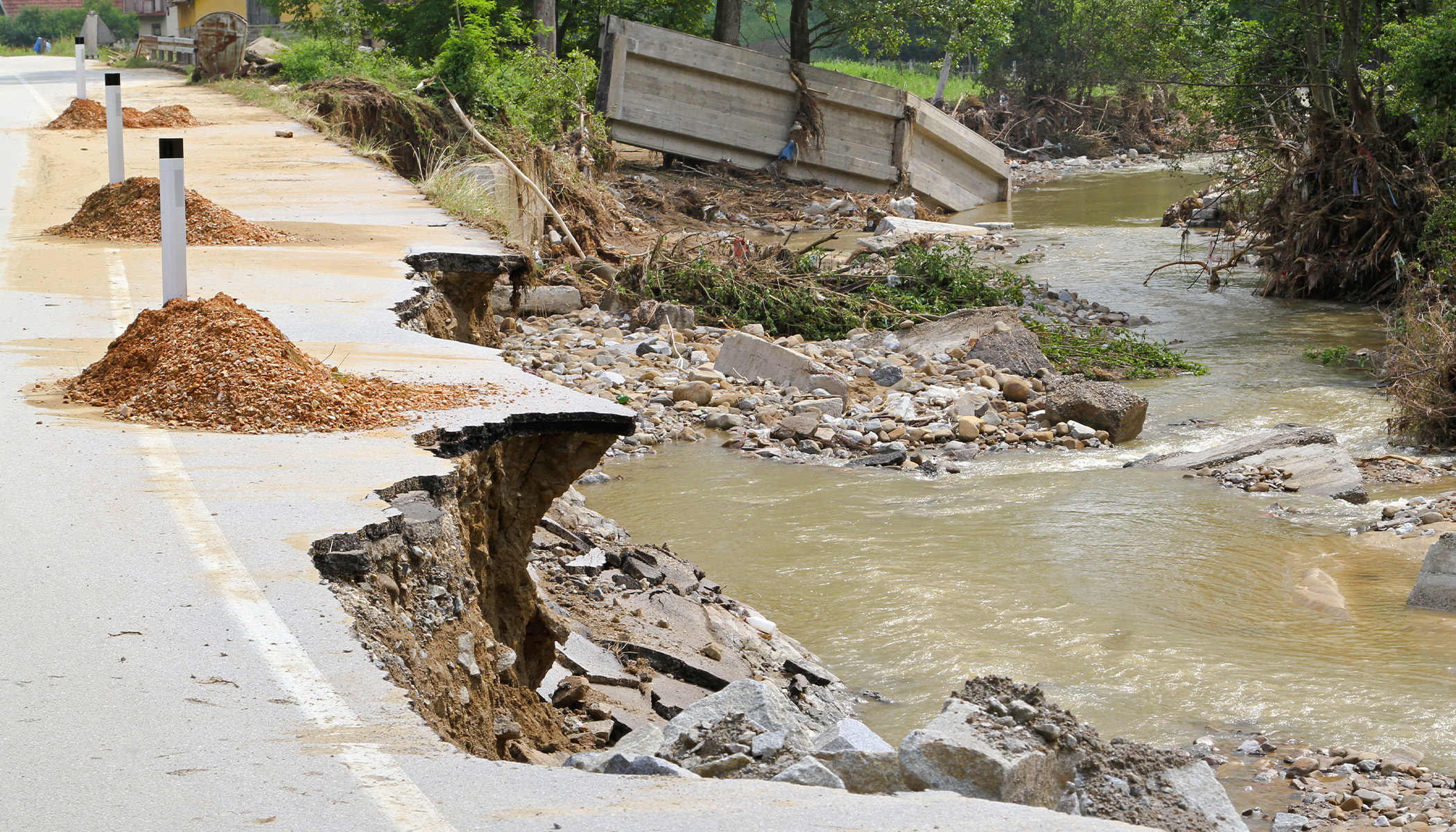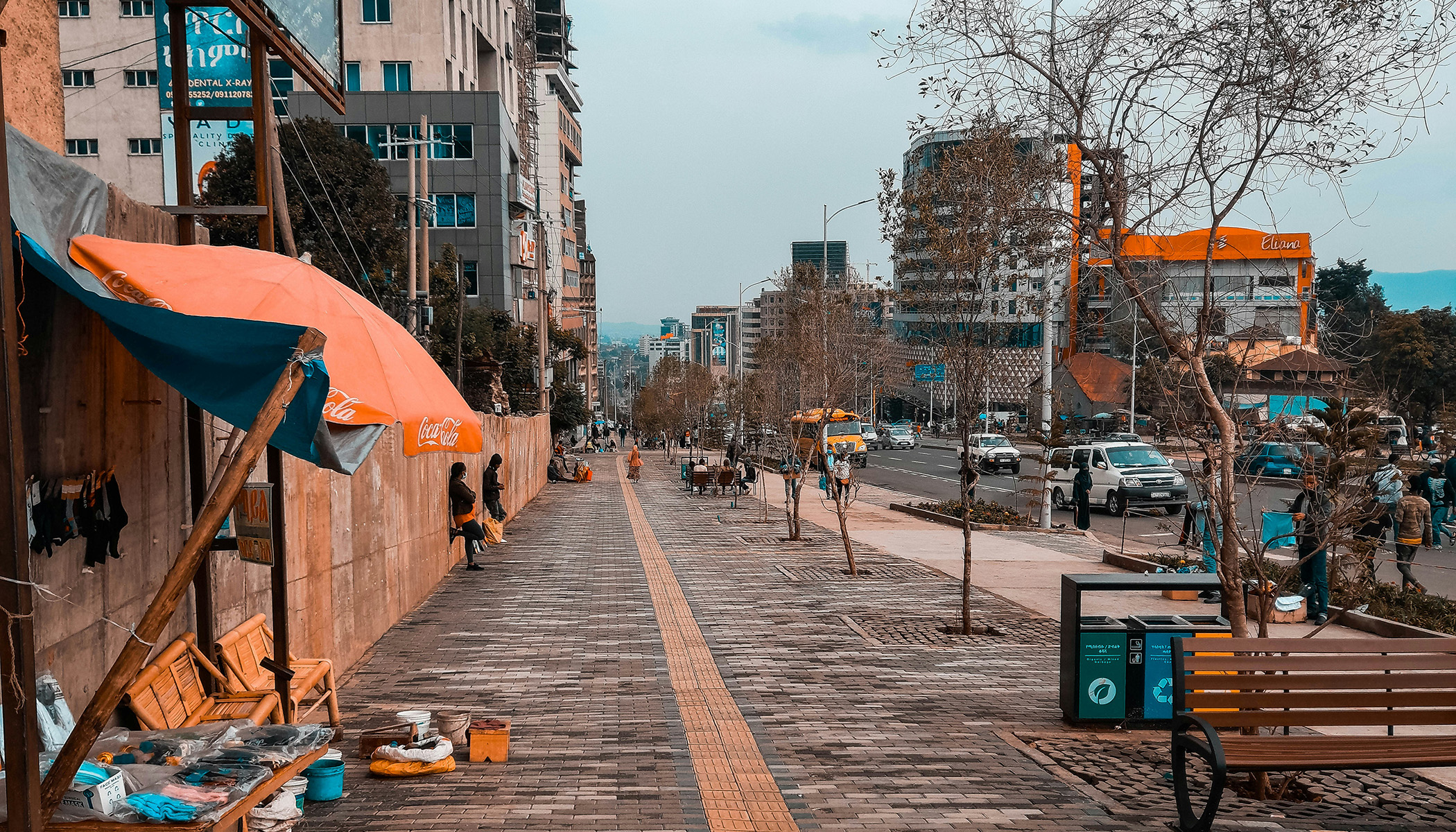Enhancing flood resilience in Addis Ababa
ConsultancyEnhancing urban resilience and sustainability in vulnerable communities is vital for creating a safer and more equitable world. Dr Ronita Bardhan, an Associate Professor at the University of Cambridge, collaborated with Habitat for Humanity to drive impactful change by building community resilience against flood hazards.
Habitat for Humanity is an international non-profit organisation dedicated to providing safe and affordable housing for communities in need. Their mission is to bring people together to build homes, communities, and hope, with a vision of a world where everyone has a decent place to live. They promote dignity and hope, and support sustainable and transformative development. In turn, they have helped over 29 million people improve their living conditions, especially in low-income countries.
In Ethiopia, rapid urbanisation and climate change have significantly increased severe flooding events, particularly in dense urban slums with limited access to critical water and sanitation facilities. Addis Ababa, the capital, is home to a quarter of Ethiopia’s urban population and is expected to double in size within 15 years. This explosive growth has stretched public services to breaking point, with regular crises such as floods, fires, and earthquakes compounding the city’s troubles.
Dr Ronita Bardhan, Associate Professor of Sustainable Built Environment at the University’s Department of Architecture, collaborated with Habitat for Humanity on a project building resilience into Addis Ababa’s urban fabric. She describes herself as someone who “believes that data-driven intelligence of built environments can effectively address sustainability goals and policies”. This belief has driven her to share her expertise outside the University, providing guidance to NGOs and government agencies.
Dr Bardhan turned to Cambridge Enterprise for support for her project with Habitat for Humanity.
"Support from Cambridge Enterprise’s Consultancy Services team allowed me to focus my time and attention where it is needed the most."

Dr Bardhan’s work employs data-driven methods that integrate architectural engineering, AI, and machine learning with social sciences to provide built environment solutions for health in resource-constrained societies. As part of the Habitat for Humanity project, she developed a flood risk map to identify hazardous areas in the city and protect communities through the ‘Urban Resilience Building Assistance Network (URBAN)’.
The implementation of the multi-dimensional participatory flood risk hotspot map in Addis Ababa has been a significant milestone. This initiative has already positively impacted over 1,500 individuals through enhanced drainage systems and trained 4,000 households in vital hygiene and sanitation practices. The subsequent phase of the project built on these successes by proposing and implementing targeted solutions to mitigate risks in the areas identified by Dr Bardhan. This comprehensive approach has ensured sustainable and long-term benefits for the communities involved, addressing the challenges posed by rapid urbanisation and climate change.
With the dedicated support from our Consultancy team, Dr Ronita Bardhan was able to focus exclusively on the collaboration with Habitat for Humanity for this project. A consultancy project of this nature can have a profound impact, driving sustainable development and resilience in urban environments, and ultimately improving the quality of life for countless individuals.
Image Credits: Moti Abebe, Unsplash




